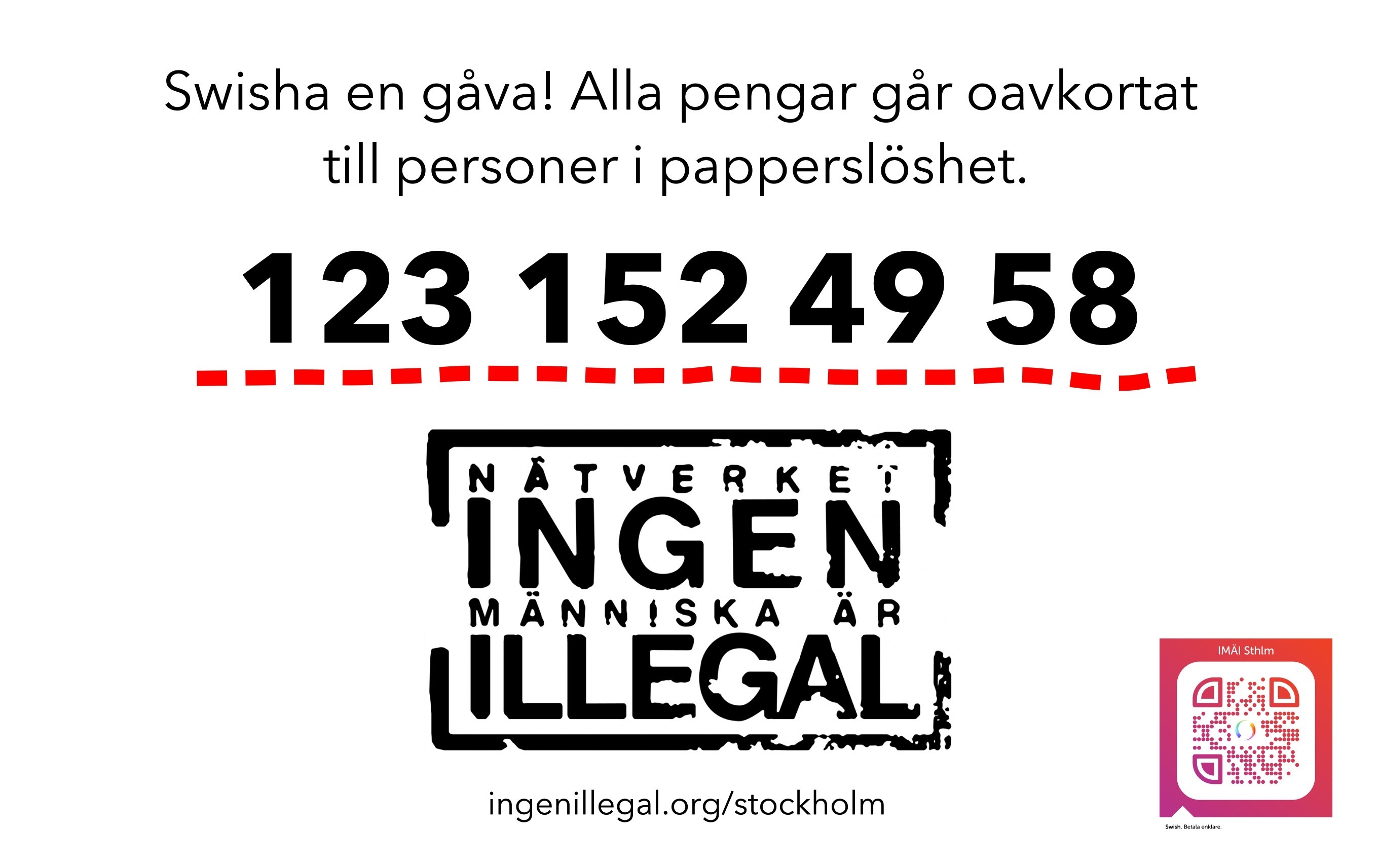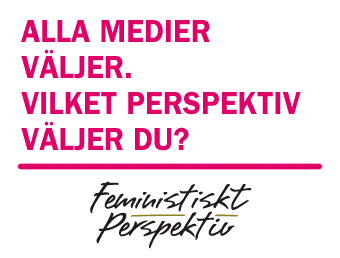Belen Torondel, an associate professor at the London School of Hygiene and Tropical Medicine, told a briefing for students that there are relatively few studies of menstruation in poor countries. It’s a neglected issue, she said: “It’s taboo everywhere.”
She cited examples of attitudes from parts of Tanzania, where the clothes of a menstruating woman can be seen as cursed; Bangladesh, where there may be a connection with evil spirits so menstruation materials such as cloth must be buried; Afghanistan and Nepal, where menstruating women may not be allowed to cook.
In addition, menstruating women often had to sleep separately and were barred from religious services.
Such taboos existed in the West, too, she emphasised. Her own Spanish grandmother had advised her not to eat ice cream during her period, and in many countries advertisements for tampons used blue blood instead of red. When she was in The Gambia, she recalled, a woman asked, “Am I normal? I’m not bleeding blue.”
Information about menstruation was often restricted because parents didn’t discuss it with daughters.
Many different materials were used during periods, including cowdung, leaves, saris and other pieces of clothing, toilet paper, and cotton wool. But Torondel pointed out that there was little research into the advantages and disadvantages of various methods: “There’s no good evidence as to what is good or bad. We need more studies.”
Lack of soap and water, disposal facilities and privacy in schools forced girls to miss lessons every month. Other problems included infections from the use of unsanitary products, and disposal problems, leading to blocked latrines and pit lavatories.
Disabled girls experienced even more problems, particularly in communities where disability is seen as a curse.
Toilets were often inaccessible to people on crutches or in wheelchairs, or to the blind. Sometimes disabled people were seen as not having the same reproductive systems as other girls and women. Where touching blood is taboo, mothers might avoid lending a helping hand. “And there’s absolutely no support for carers about how to manage another person’s menstruation.”
Two other researchers told of studies in Uganda and Nepal, and said both governments were generally supportive of efforts to provide information and help.
Torondel pointed out that more than half the female population are of reproductive age, “so menstruation is frequent and important.
“I welcome everyone to come into this field,” she said.

























MEST KOMMENTERAT
SENASTE KOMMENTARERNA
Om Var Grupp 8 en feministisk organisation?
Om #bildskolan 21: Att äta Den Andre
Om #bildskolan 21: Att äta Den Andre
Om Porr handlar om betalda övergrepp
Om Nobels fredspris till kampanj för att avskaffa kärnvapen
Om Feministiskt perspektiv öppnar arkivet och startar på nytt!
Om Rödgrönt ointresse för fred och nedrustning borde oroa många
Om Var inte målet att vi skulle jobba mindre?
Om Feministiskt perspektiv öppnar arkivet och startar på nytt!
Om Feministiskt perspektiv öppnar arkivet och startar på nytt!
MEST LÄST